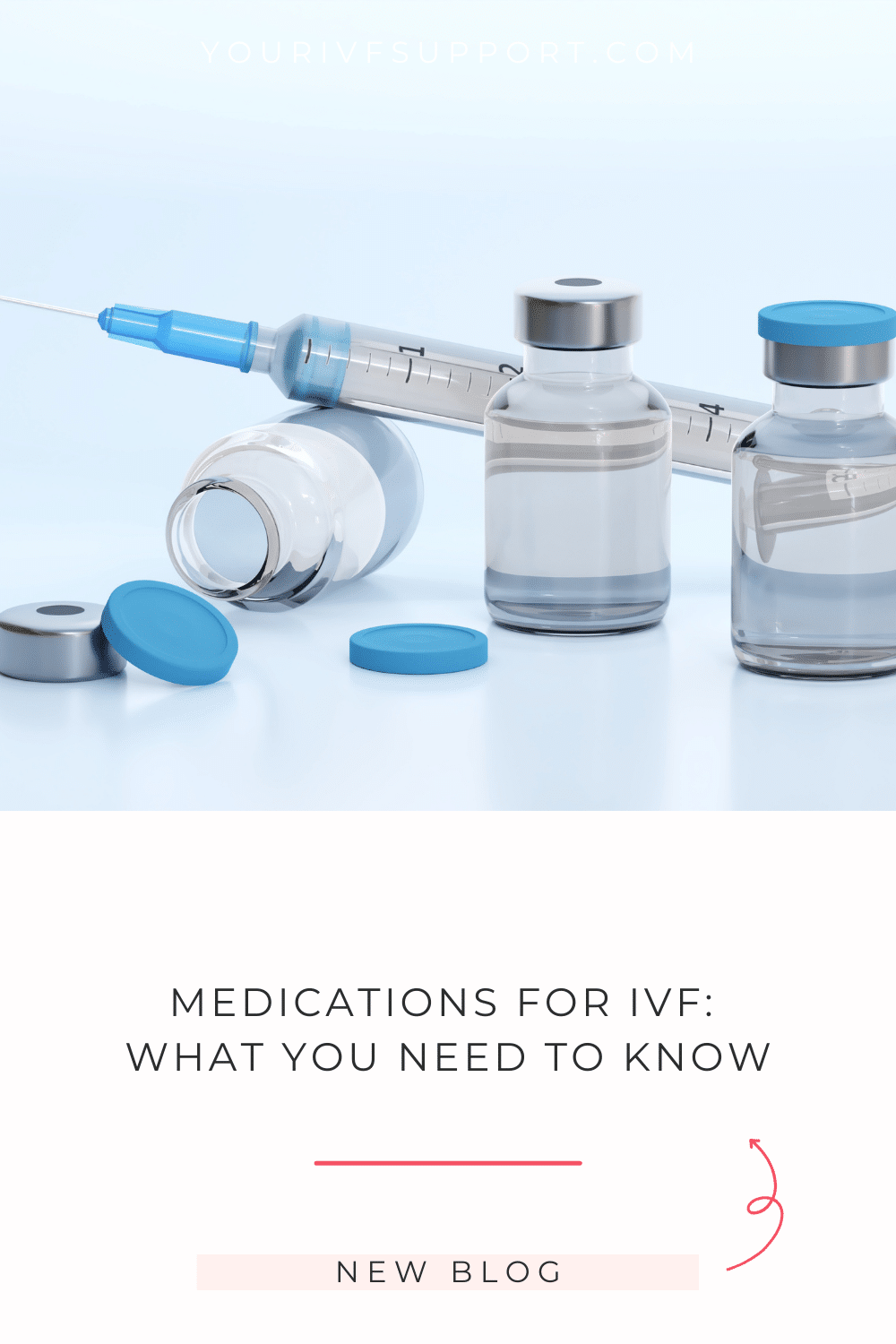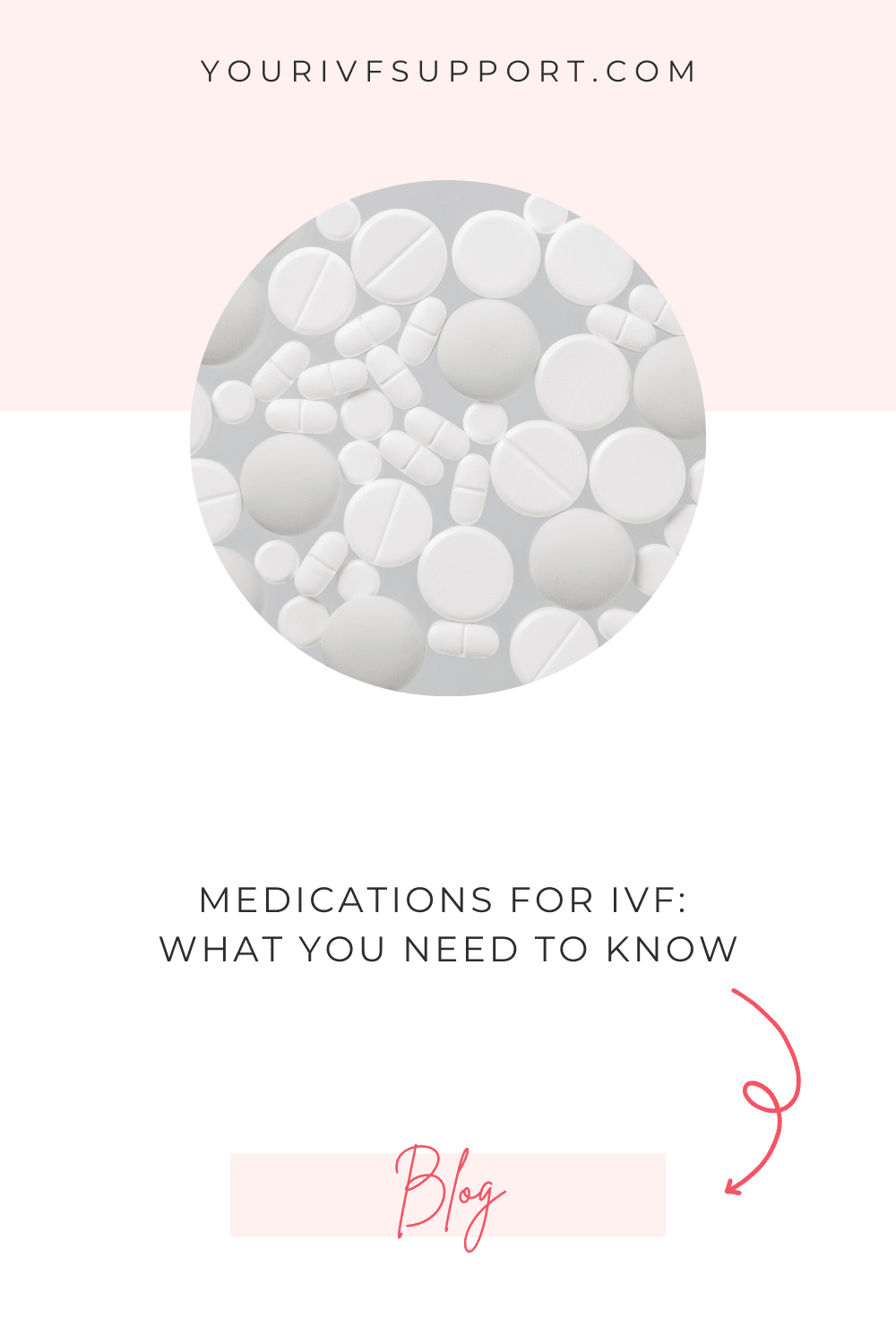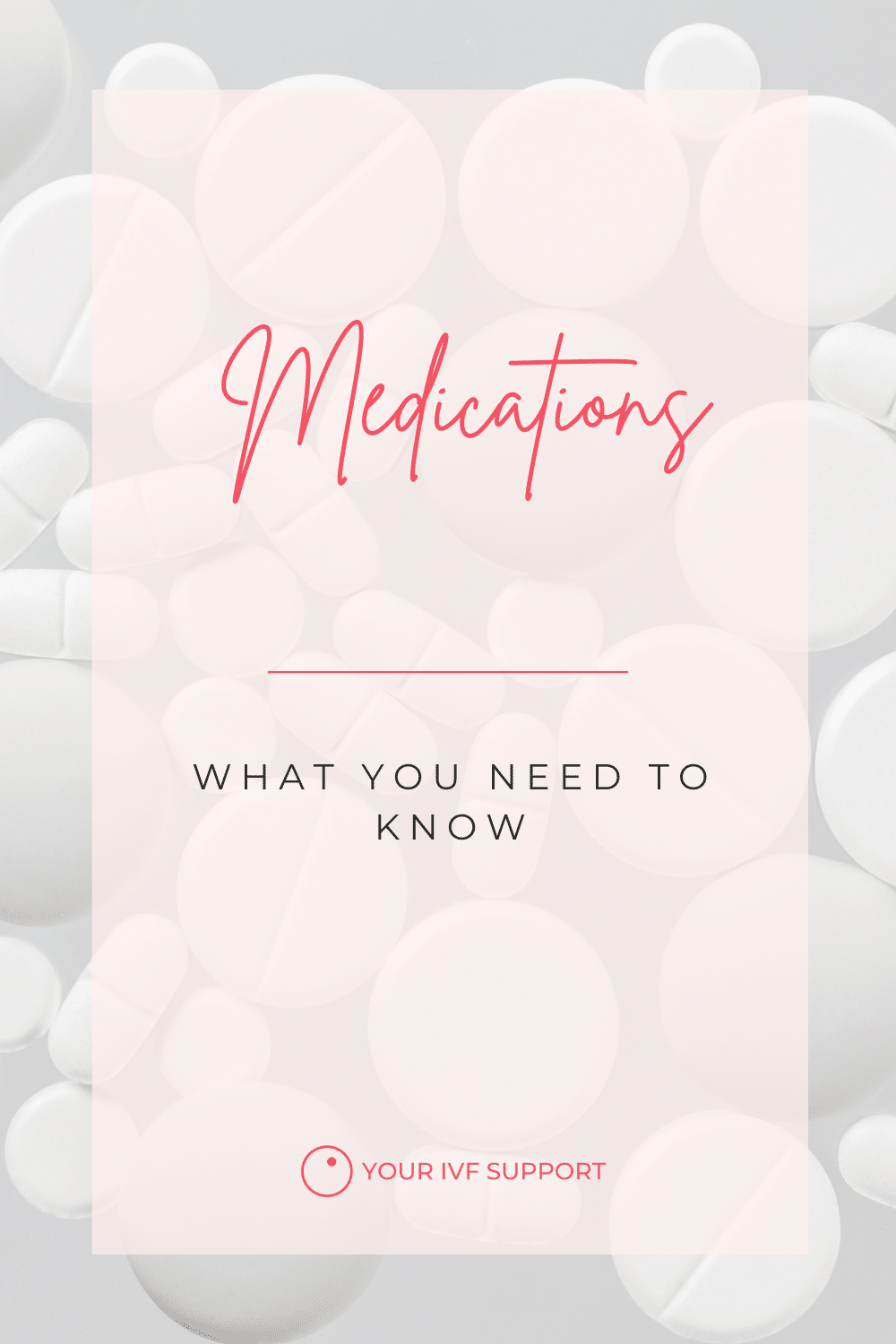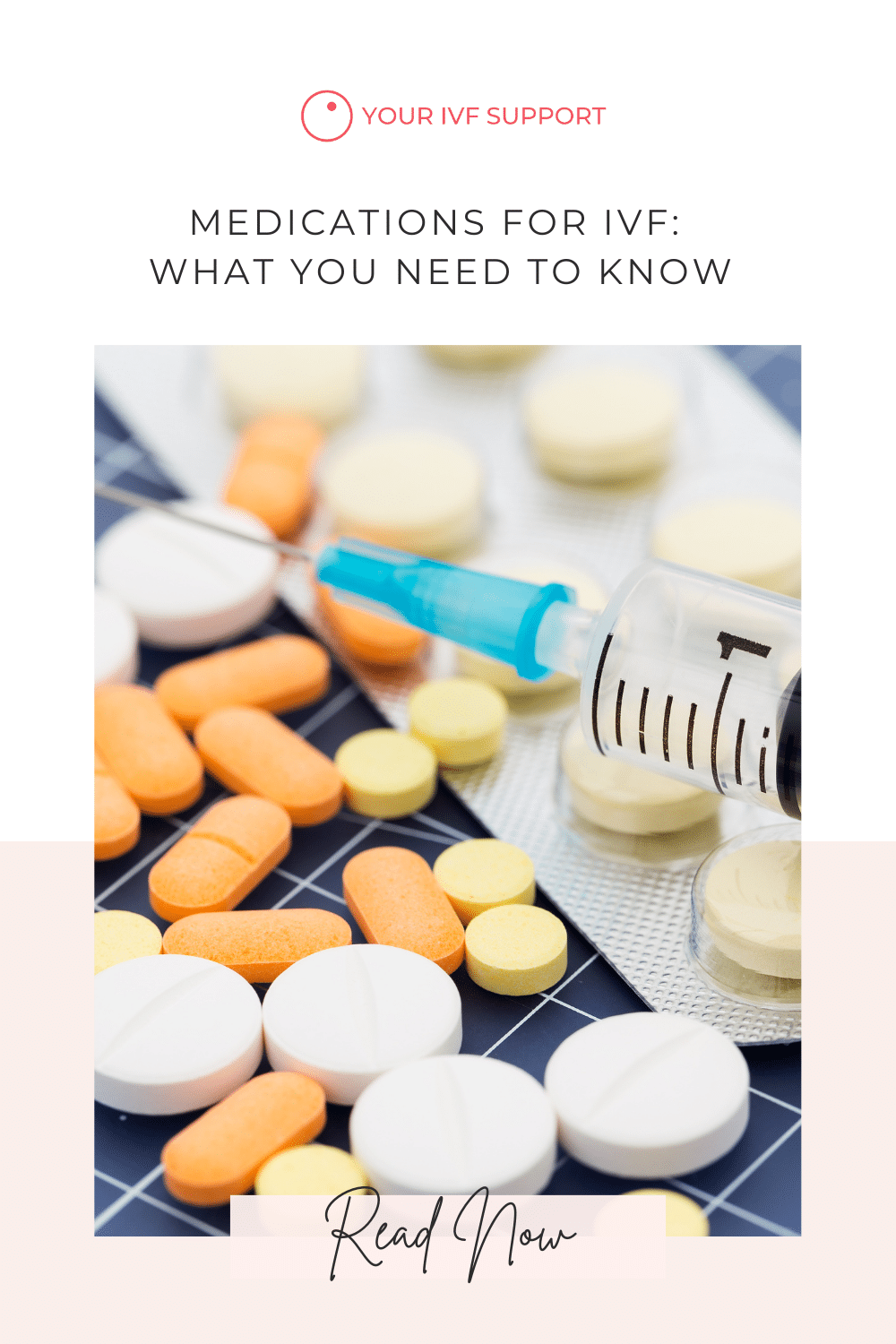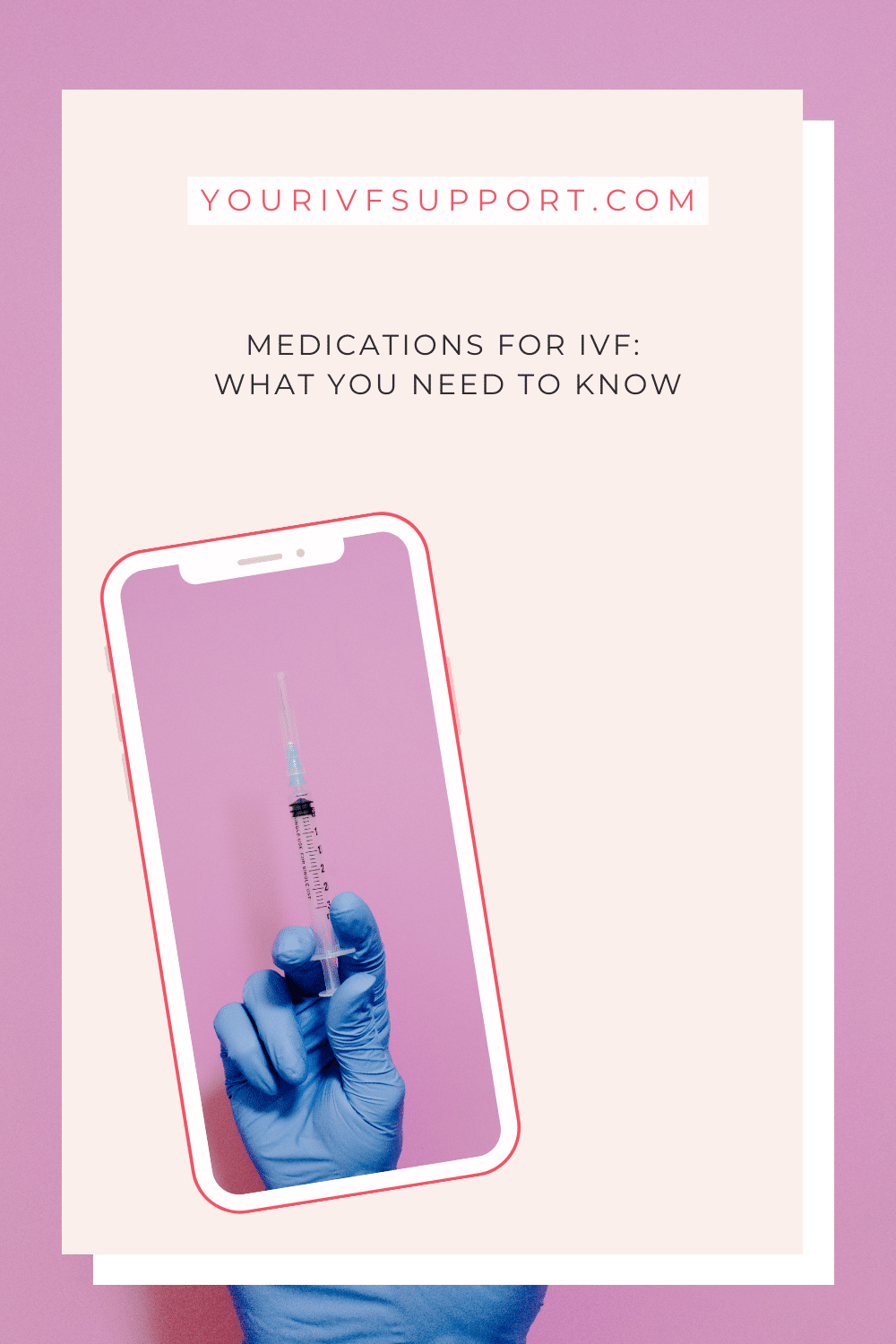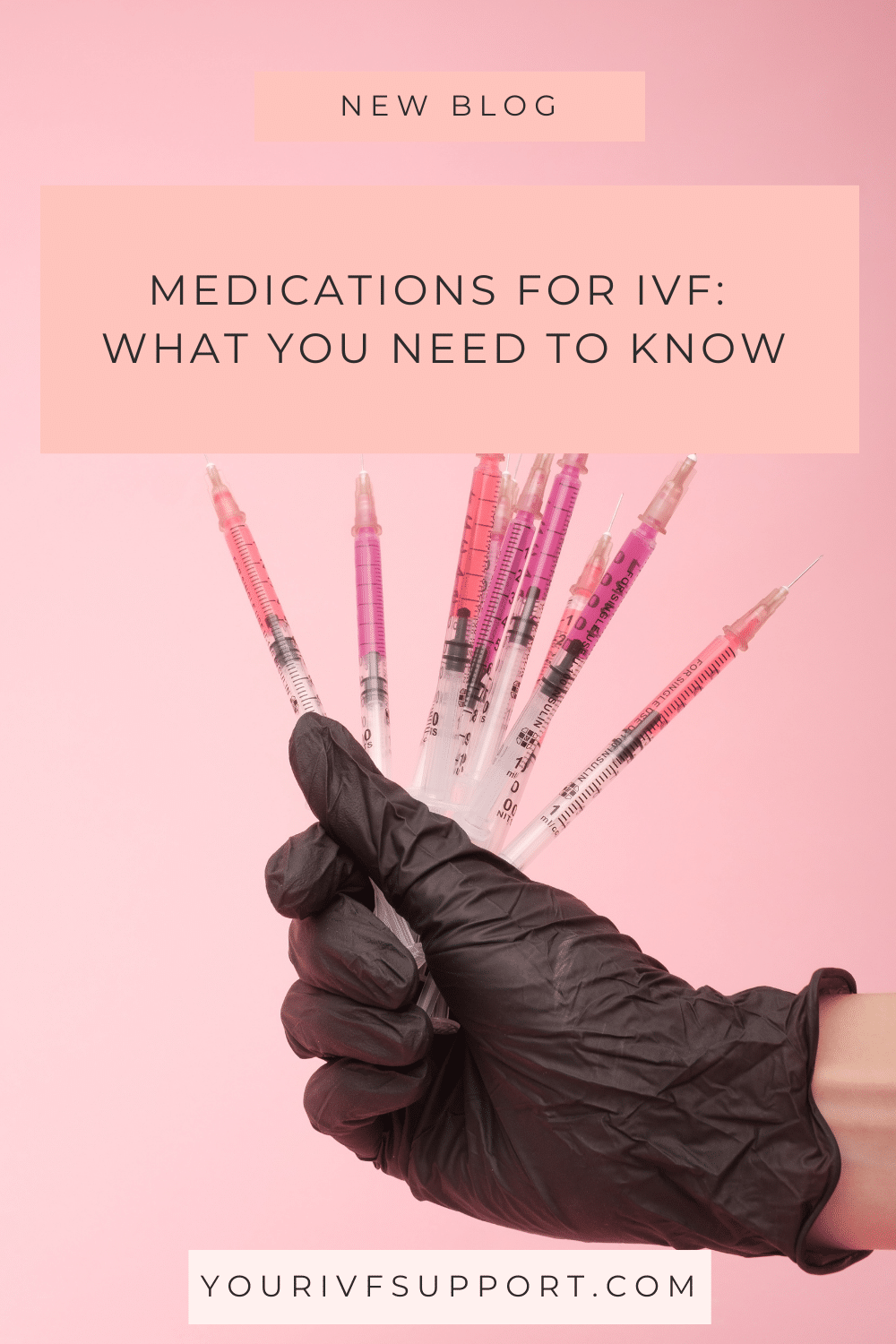If you are in a situation where you desperately want to have a baby and are considering IVF treatment, you have come to the right place. In this article, I will give you a comprehensive overview of the different medications that can be used in IVF. I will explain what the medications do, how to use them correctly and what the possible side effects are.
Note: This article is for information only and is not a substitute for professional medical advice. ALWAYS consult a qualified doctor for medical questions and treatment.
What is in vitro fertilisation?
In vitro fertilisation, also known as IVF, is a medical procedure in which eggs are fertilised by sperm outside your body. This process usually takes place in a specialised laboratory and allows couples with fertility problems to fulfil their desire to have a child. IVF treatment consists of several steps, including the administration of various medications to improve the success of the treatment.
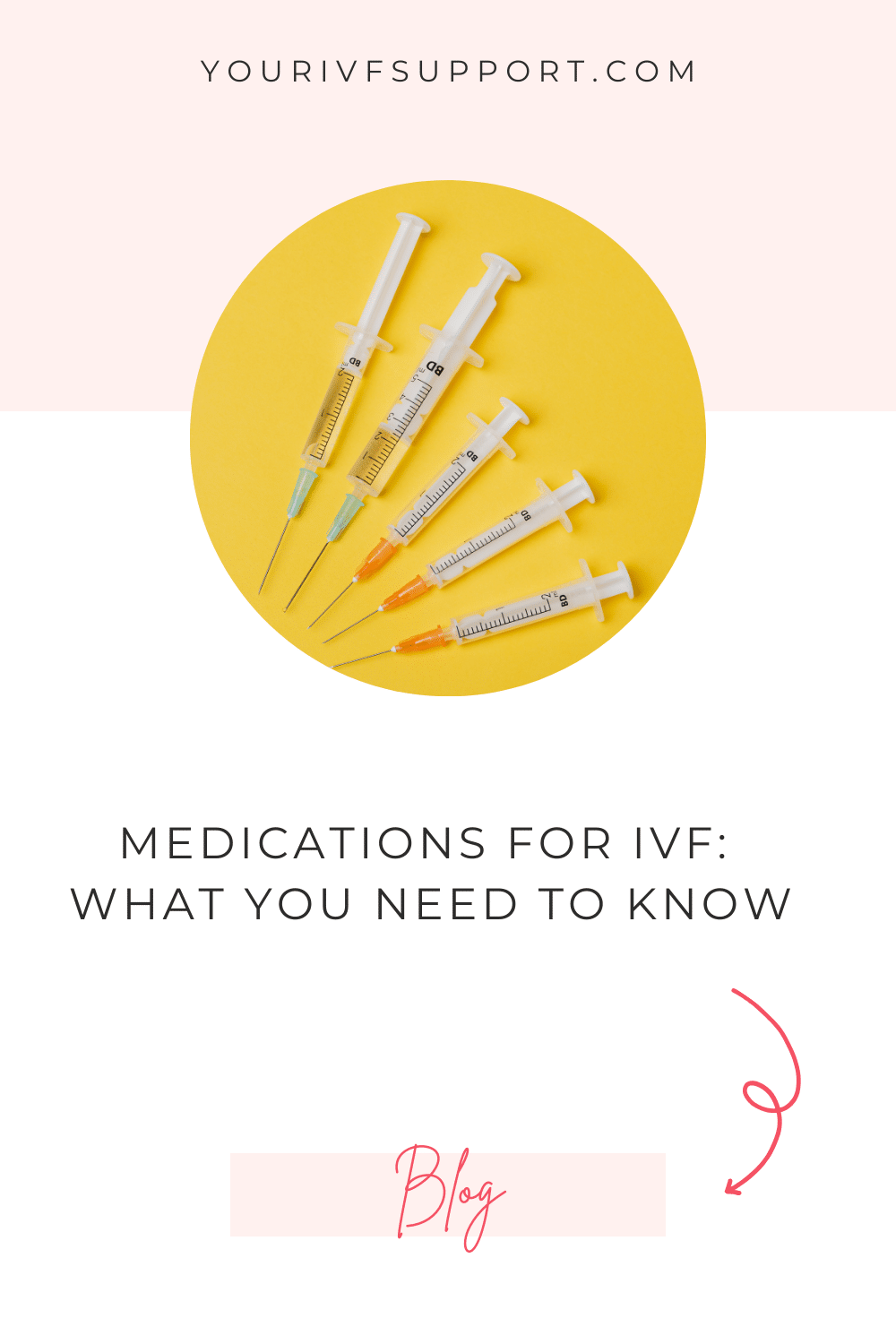
Medications to stimulate the ovaries
To increase the chances of a successful IVF treatment, it is important that your ovaries produce enough eggs. This is usually done with hormonal drugs that stimulate ovarian function. These drugs fall into two main categories Gonadotropin-releasing hormone agonists (GnRH agonists) and Gonadotropin-releasing hormone antagonists (GnRH antagonists).
Gonadotropin-releasing hormone agonists (GnRH agonists)
GnRH agonists are often used to suppress your natural hormone cycle and control the stimulation of your ovaries. These medicines work by temporarily stopping the production of hormones such as oestrogen. This stops your body from ovulating too early. GnRH agonists may be given by injection or as a nasal spray.
Gonadotropin-releasing hormone antagonists (GnRH antagonists)
Unlike GnRH agonists, which suppress your menstrual cycle, GnRH antagonists work by blocking the action of GnRH. GnRH is a hormone that normally triggers ovulation. By using GnRH antagonists, ovulation is delayed to allow your eggs to mature optimally. These drugs are also given by injection and can be used during ovary stimulation.
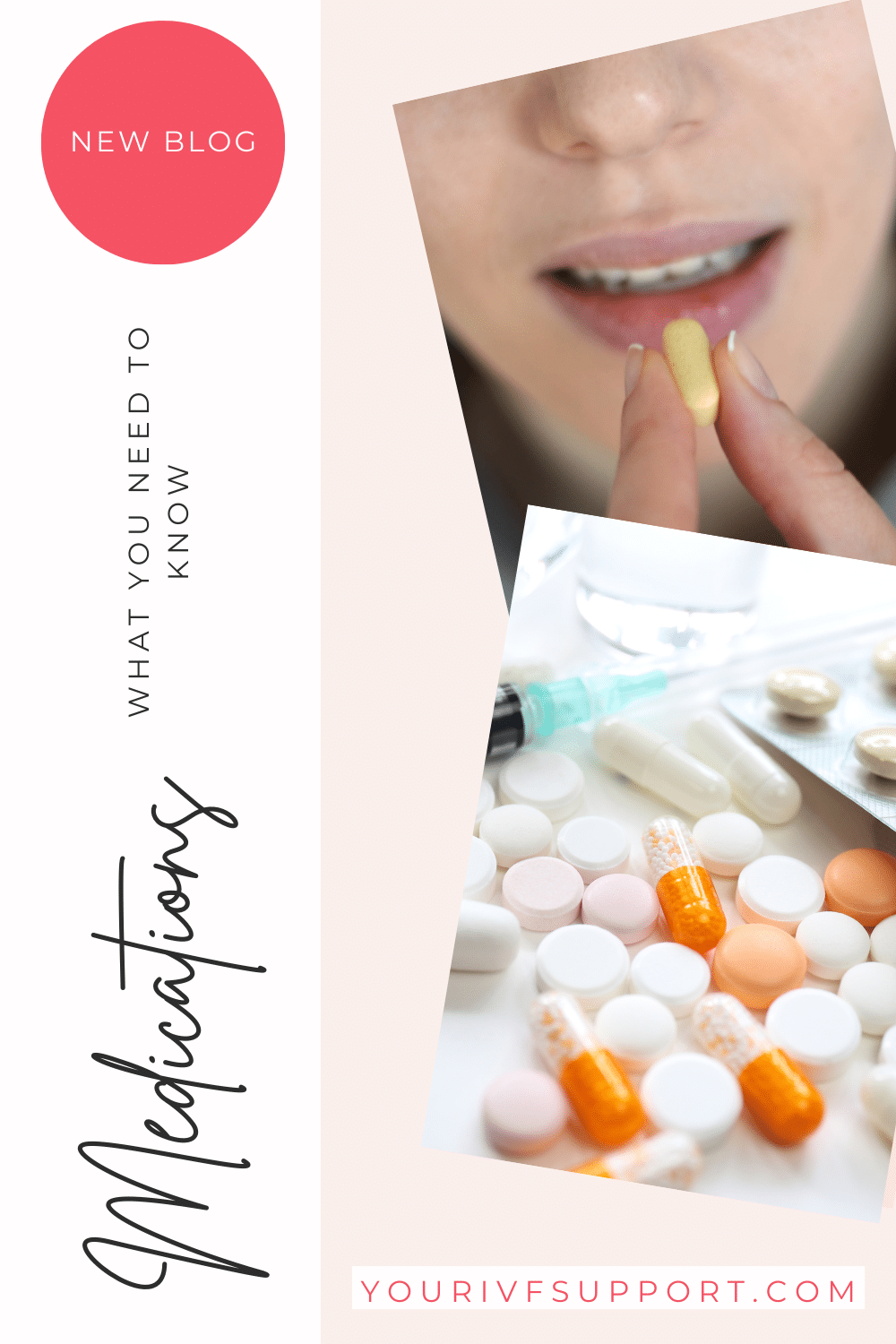
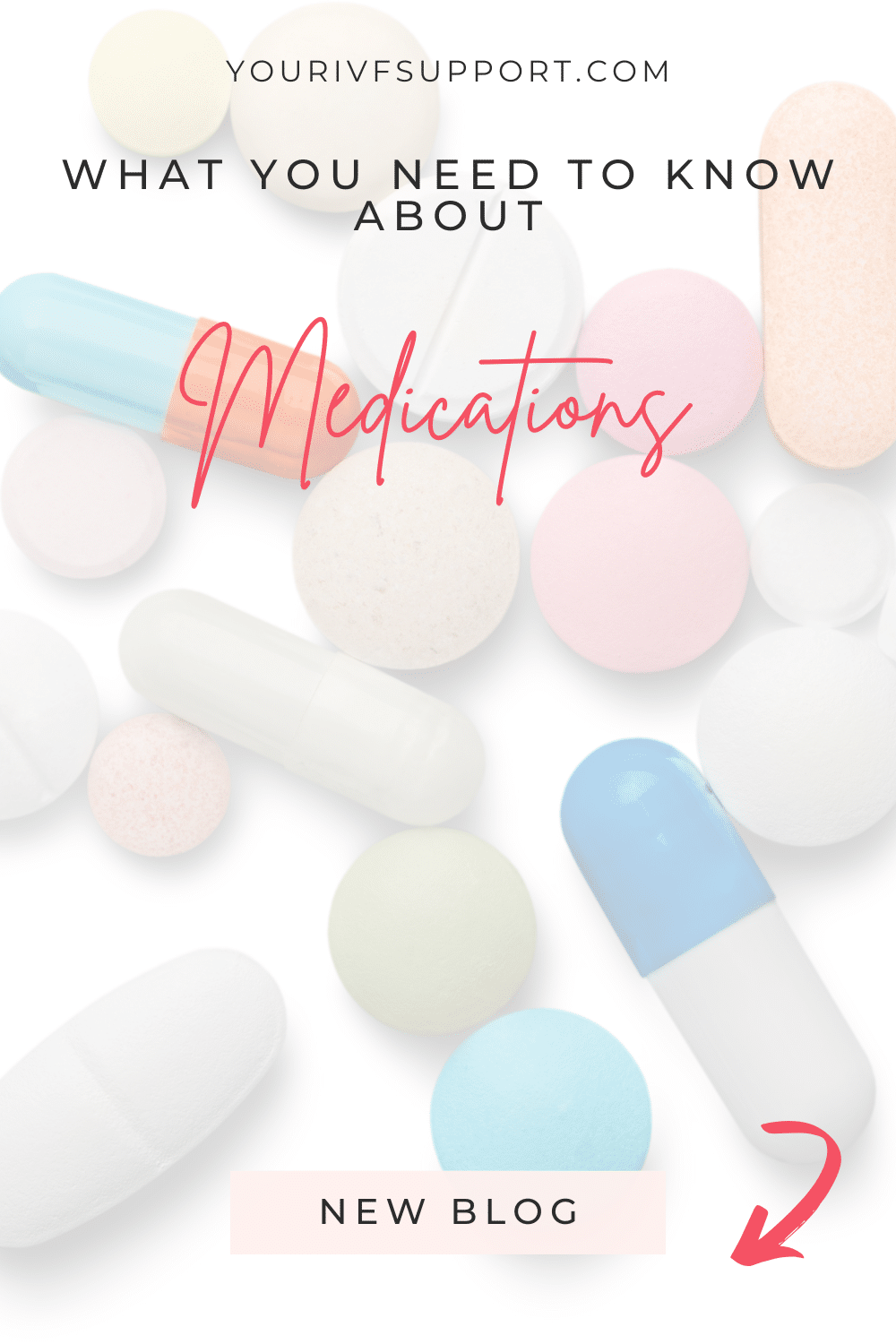
Human chorionic gonadotropin (hCG)
Once your eggs have matured sufficiently, you will be given another medicine called human chorionic gonadotropin (hCG). HCG is a hormone similar to the natural luteinising hormone (LH) that triggers ovulation. It is usually given as an injection and its purpose is to determine the optimal time for egg retrieval. The exact timing of hCG administration is critical as it affects the timing of fertilisation of your eggs.
Progesterone
After your eggs have been collected, you will be given progesterone. Progesterone is a naturally occurring hormone that plays an important role in preparing the lining of your womb for implantation of the fertilised egg. It can be given as an injection, vaginal gel or vaginal tablets. Progesterone is usually given from the day of egg collection until the pregnancy test to support your womb lining and increase the chances of a successful implantation.
Antibiotics
Antibiotics may be prescribed during IVF treatment. Antibiotics are used to reduce the risk of infection. Because invasive procedures are performed on your body during the egg retrieval process, it is important to avoid infections that could jeopardise your health and the chances of a successful treatment. The use of antibiotics is usually recommended before and after egg retrieval to minimise the risk of infection.
Corticosteroids
In some cases, corticosteroids may be prescribed to affect your immune response. Corticosteroids are drugs that have anti-inflammatory and immunosuppressive properties. They can help modulate your immune system and reduce an excessive immune response that could potentially interfere with the implantation of a fertilised egg. However, the use of corticosteroids is decided on a case-by-case basis and depends on your individual needs and medical assessment.
Preparing the endometrium
In order to create an optimal environment for the implantation of the fertilised egg, it may be necessary to prepare your womb lining. There are a number of preparations that can be used to help the lining to build up and mature. These preparations can be given as vaginal gels, pessaries or tablets and often contain oestrogen or progesterone. The exact use and dosage of these preparations will be determined by your doctor to ensure optimal endometrial health.
" It is important to note that the use and dosage of medications should be individualised and monitored by your doctor."
In summary
The use of medication plays a crucial role in in vitro fertilisation. Stimulation of the ovaries with GnRH agonists or antagonists enables the production of mature eggs. Human chorionic gonadotropin (hCG) triggers ovulation to allow fertilisation. Progesterone prepares the endometrium for implantation, while antibiotics are used to prevent infection. Corticosteroids may be used in certain cases to influence the immune response. Endometrial preparations help to create an optimal environment for implantation of the fertilised egg.
It is important to note that the use and dosage of medications should be individualised and monitored by your doctor. Side effects may occur and should be discussed with your doctor. IVF treatment can be a complex and emotional journey, but with the right information and medical care you can have the best possible chance of a successful pregnancy.
I hope this article has given you an overview of the different medications associated with IVF treatment. If you have any further questions or need more specific information, please do not hesitate to contact your doctor. I wish you good luck and all the best on your way to fulfilling your desire to have a child.
Note: This article is for informational purposes only and is not a substitute for professional medical advice. ALWAYS consult a qualified doctor for medical questions and treatment.
